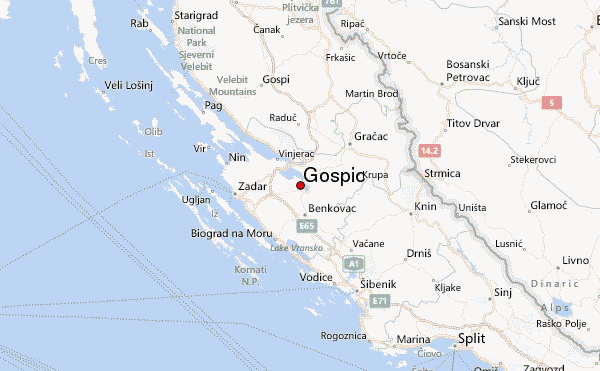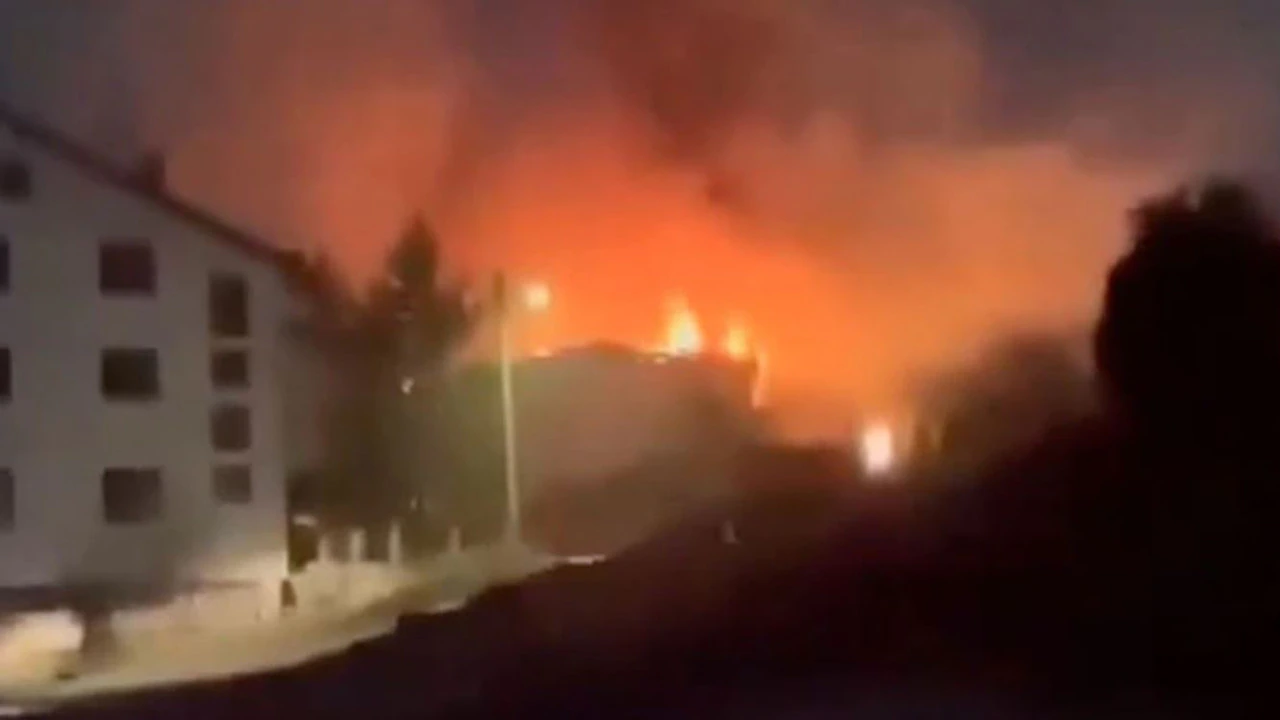A powerful 5.2-magnitude earthquake struck near Gospić, Croatia, at 18:43 local time on February 11, 2025. The quake shook the region, causing significant alarm among residents. People in Zadar, Posedarje, and parts of Lika felt the tremors strongly. Additionally, the earthquake affected areas across the border in Bosnia and Herzegovina, such as Bihać, Bosanska Krupa, and Prijedor.
The earthquake occurred at 18:43 local time and was followed by a smaller aftershock with a magnitude of 2.5. The European-Mediterranean Seismological Center (EMSC) reported that the quake’s epicenter was 26 kilometers from Gospić and 119 kilometers from Split.
Impact and Response:
- No Casualties Reported: Fortunately, there have been no reports of casualties or significant damage. Consequently, this has provided some relief to the residents and authorities.
- Public Reaction: Residents reported the earthquake’s strong shaking, with many fleeing their homes in panic. In fact, descriptions of the quake mentioned a “strong shock wave” that rattled buildings.
- Government Action: Croatian authorities quickly responded to the earthquake by closely monitoring the situation. They evacuated students and staff from several schools as a precautionary measure, ensuring public safety.
Historical Context:
Croatia is located in a seismically active region, and earthquakes are not uncommon. However, this recent quake has drawn significant attention due to its strength and the widespread impact it had across the region. The country’s history with seismic activity includes several notable earthquakes, highlighting the importance of preparedness.
Safety Tips During Earthquakes:
- Drop, Cover, and Hold On: Drop to your hands and knees, cover your head and neck with your arms, and hold on to any sturdy furniture.
- Stay Indoors: If you are inside, stay there. Move away from windows and glass.
- Be Prepared: Have an emergency kit ready with essentials like water, food, and first aid supplies.
- Emergency Contacts: Keep emergency contact numbers handy and easily accessible.
- Community Support: Connect with local community support groups and disaster response teams for assistance and guidance.
Conclusion:
While the recent earthquake in Croatia has caused alarm and disruption, the quick response from authorities and the lack of casualties are positive signs. It serves as a reminder of the importance of being prepared for natural disasters and staying informed about safety measures. Ultimately, the region’s resilience and preparedness efforts continue to be crucial in mitigating the impact of such events.






